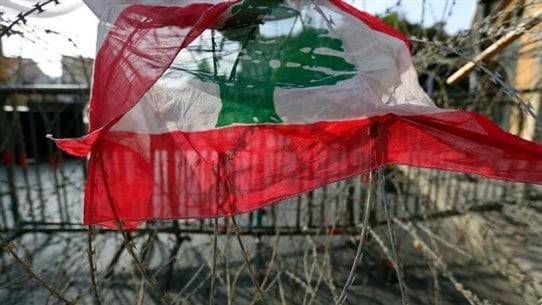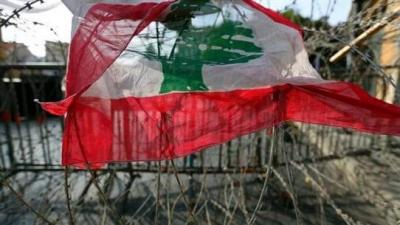The third session of the Parliament dedicated to electing a new president did not deviate from expectations, ending just like the first session (given that the second did not take place due to the absence of the quorum of 86 deputies), with a stalemate and an overwhelming white majority on the votes received by the candidates, primarily Michal Maawad, the head of the Independence Movement. It is not anticipated that the upcoming session on Monday will yield different results from its predecessors, nor will subsequent sessions (it has been rumored that Speaker Nabih Berri intends to call for two sessions next week, before entering the inevitable presidential vacuum). The interrupted dialogue between the two main competing factions, along with the immature and chaotic performance of the reformist deputies marked by a lack of professionalism and experience, all indicate that the ruling parties have not yet reached a presidential inevitability, either due to narrow political calculations or waiting for external indicators. A political source stated that the electoral sessions have highlighted a lack of political maturity among several deputies who have engaged in trivialities that are unbefitting of an electoral occasion, turning it into a mockery of names. For example, it confirmed the maximum limit that Maawad's candidacy might reach (42 votes plus two abstentions), meaning the same scenario will likely repeat in any future sessions, especially with the refusal of reformist deputies, with their newly divided blocs, to vote for Maawad (it was reported that the bloc of reformist deputies adopted the candidacies of former ministers Ziad Baroud and Nasif Hitti and former deputy Salah Haniy).
The source pointed out that this impasse displayed during the electoral sessions was expected to occur since before the parliamentary elections last May, due to the fragmentation of parliamentary structures, especially with the disintegration of major blocs, foremost among them the Future Movement bloc. He emphasized that this reality necessitates a different approach to the presidential elections, with the need to focus on finding a candidate who can secure at least two-thirds of the votes of deputies, allowing him to smoothly and confidently pass the first electoral session that requires a quorum of 86 deputies to convene. Thus, the election of the president would have received substantial consensual majorities that avoid divisions, what has come to be known as the challenge president.
However, the source simultaneously noted that the priority of electing a president should in no way obscure the necessity of addressing the governmental situation, given that the encroaching presidential vacuum cannot be approached with a constitutionally dead government that cannot even hold a meeting; how, under these circumstances, could it exercise the powers of the presidency and the representative and moral role of the presidency? It has become evident in this context that disagreements continue to hinder the arrangement of the governmental situation, and matters have become increasingly complicated, while Hezbollah has so far failed to narrow the gap of divergence.
It is conveyed in this context that one of those working on governmental mediation has stated that the gap remains deep, discounting the possibility of reaching a minimum level of consensus before the presidential term ends based on the information gathered. There is a widespread Christian impression that the duo of Berri and the appointed Prime Minister Najib Mikati are working to stall time through hollow governmental proposals all the way to the last day of the term, such that the president finds himself between the option of signing a de facto government or handing over the powers of the presidency to a constitutionally dead government, thereby leading to Mikati's presidency of the republic. They aim to deprive the president of achieving any gains added to the accomplishment of the border demarcation and even prevent him from presiding over the first meeting of the new government. This trend appears to be closely monitored at the presidential and patriarchal levels, as well as by the leadership of the Free Patriotic Movement.
The president had previously warned the appointed prime minister that delaying the resolution of the formation would inevitably lead him to options that may not be familiar, but fall within his constitutional powers, including signing a decree for Mikati and his government's resignation, thus institutionalizing a double vacuum.
In summary, it is clear that the governmental complexity insisted upon by those in governmental matters brings forth many problems and fractures. However, it remains certain that it will not be easy or simple to relinquish the only Christian-Maronite position amidst the surroundings of Lebanon.




